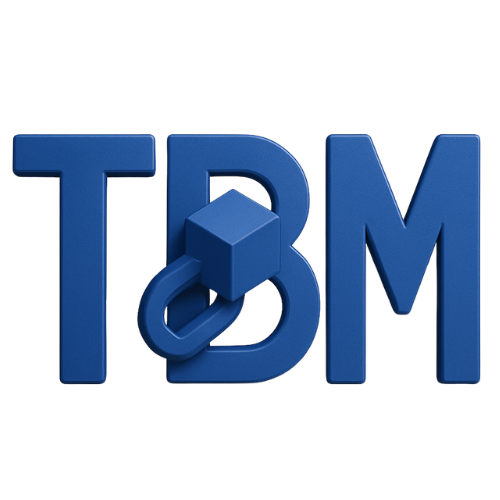Ethereum crosses $4,000 amid rising blockchain adoption in Asia. New regulations, enterprise use cases, and tokenization trends drive growth. Full update.
Global Blockchain Developments as of 27 May 2025
The global blockchain landscape witnessed major developments today, with Ethereum surpassing the $4,000 mark for the first time in over a year. This surge is largely attributed to renewed interest in decentralized finance (DeFi), expanding enterprise blockchain applications, and favorable policy shifts in several Asian countries.
Key Highlights:
Ethereum Price Rally
Ethereum’s price has climbed over 12% in the past 48 hours, crossing $4,000 USD. This marks a significant recovery amid renewed investor confidence. Institutional demand is also increasing due to ETH staking yields and the Ethereum L2 ecosystem’s growth.
Asian Nations Push Blockchain Regulation
Governments in South Korea, Singapore, and India have released updated regulatory guidelines that clarify the legal status of smart contracts, NFTs, and decentralized apps (dApps). India’s Ministry of Electronics and IT announced a Blockchain Innovation Sandbox, aimed at enterprise testing of public blockchain use cases.
Enterprise Blockchain Use Expands
Companies like Sony, Alibaba, and HSBC revealed new blockchain-based initiatives. HSBC is piloting cross-border tokenized bonds, while Alibaba Cloud introduced a Web3 Infrastructure Stack targeting developers across Southeast Asia.
Tokenization Boom
There’s a sharp rise in tokenization of real-world assets (RWA). Real estate tokenization platforms in the UAE and Germany have crossed $1B in cumulative transactions. Experts forecast the RWA token market to reach $10B by early 2026.
Gaming & NFTs Rebound
After months of stagnation, blockchain gaming platforms like Immutable and Gala Games have recorded a 25–40% increase in active users. NFT trading volume is showing signs of revival, especially in the music and digital collectibles segment.
Challenges Ahead:
Despite bullish trends, blockchain still faces hurdles such as network congestion, energy efficiency, and the lack of cross-chain interoperability. However, ongoing innovations in zero-knowledge proofs and modular blockchain architecture are showing promise.
📌 Stay tuned for more updates as blockchain continues to redefine finance, governance, and technology across the globe.

